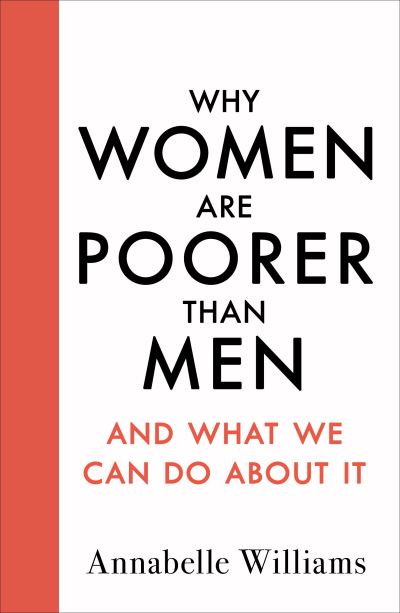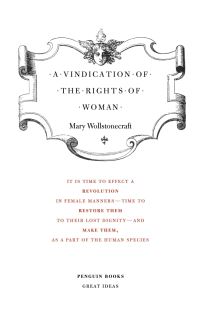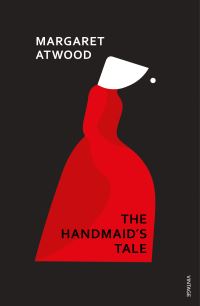Description
Discover why as a woman the world is financially rigged against you and exactly what you can do to overcome it
‘Why Women Are Poorer Than Men deserves a place on every thinking person’s book shelf. Accessible and revolutionary’ 5***** READER REVIEW
‘Engaging, funny and so informative. Every woman must read this book’ 5***** READER REVIEW
‘Fantastic book packed full of interesting and relevant details. Really eye-opening . . . This is a book we need to be reading!’ 5***** READER REVIEW
________
FINANCE IS A FEMINIST ISSUE.
It’s 2021. The modern world is still rigged unfairly in men’s favour.
Exploring injustices from pensions to boardroom bullying, Annabelle Williams, former financial journalist for The Times, shows how society conspires to limit women’s wealth.
Awareness is the first step to making change, which is why we all need to understand why women are poorer than men and what exactly we can do about it.
The time to act is now.
Discover exactly what you need to know about financial inequality in this essential, eye-opening and game-changing exposé of the gender wealth gap.
________
Did you know . . .
· The NHS spends more on Viagra than helping single mother families eat healthily
· Female entrepreneurs only receive 1p in every £1 of funding given to start-up businesses
· Women are the majority of the elderly poor
· There are more men called Dave running the UK’s top 100 companies than there are women altogether
· Women do 60% more unpaid work than men
Economies thrive when women do well, and only by understanding why women are poorer than men can we finally end this unfair disparity between the sexes.
Why Women Are Poorer Than Men reveals how we got here and what all of us can do to fix it.
________
‘Tells us how to fight to be a financial feminist’ Daily Mail
‘It is refreshing to see Williams challenge well-worn sexist myths’ i
‘Uncovers exactly we can do about the fact that women are poorer than men’ Stylist
‘Goes beyond talks of glass ceilings and gender pay gaps to a more nuanced look at the institutional oppression faced by women on a daily basis’ Dazed




